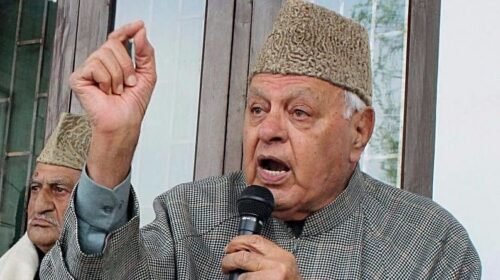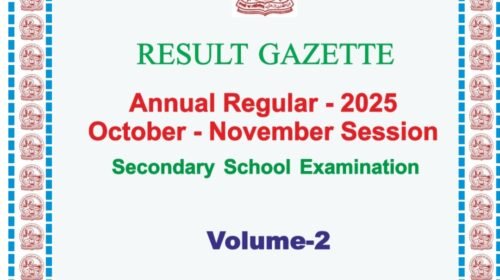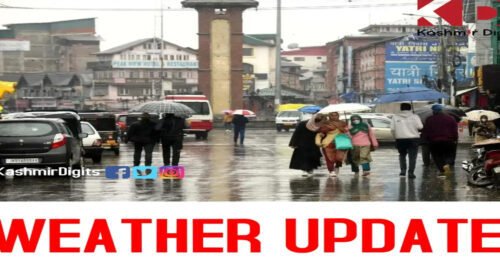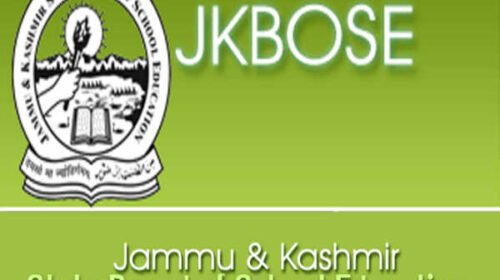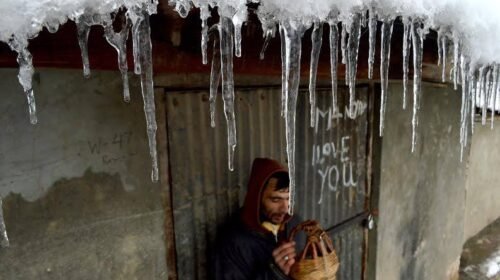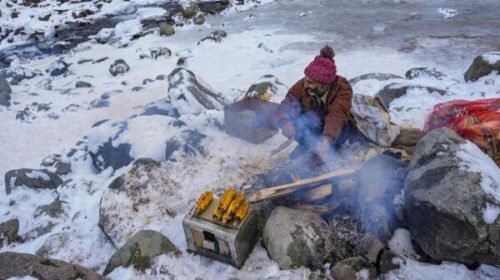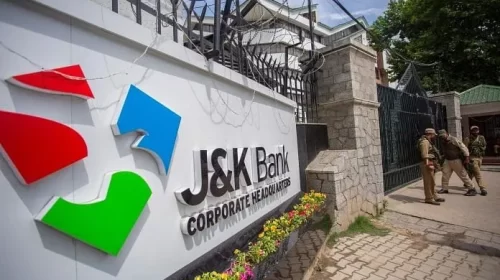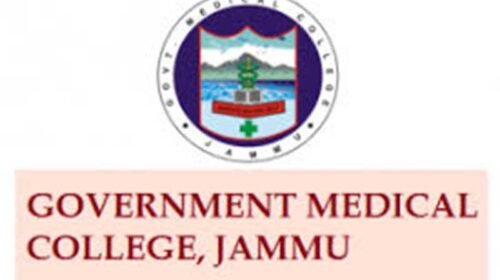Former Supreme Court Chief Justice recently came to the limelight following the release of his autobiography titled ‘Justice for the Judge‘ in which he talks about a wide range of issues and crisis during his tenure.
He gave two interviews one to NDTV and other to India Today both of which unraveled a lot about the perceptions of the former CJI.
In his new book he has given vivid descriptions about the Ayodhya verdict, where he was accused of celebrating the decision and Article 370.
Here is a breakdown from his two interviews, which also talk about allegations of sexual harassment and nomination to Rajya Sabha immediately after retirement.
Ayodhya Verdict
An excerpt from his book sees Gogoi write that he and his colleagues went for dinner to the Taj Mansingh hotel, where they “ate Chinese food and shared a bottle of wine, the best available there”.
The book includes a photo of this dinner, with the caption “celebrating the landmark Ayodhya judgement”.
When Sreenivasan Jain of NDTV showed the photograph and its caption on screen, Gogoi straight-up denied there had been a celebratory dinner,
“Why are you picking up sentences from here and there?” Gogoi demanded. “Look at the enormity of the task that was taken up by the bench.”
But is it contentious to post such an image when people must have been pained by the judgement, Jain asked.
“Do you not go for dinner?” Gogoi said. “Sit at home and mourn my this and that interview…statements based on untruths, half-truths, have caused pain to others?”
Jain persisted. “Last question on Ayodhya,” he said. “The court said the destruction of the mosque was an egregious criminal act but effectively rewarded the party that was involved in the destruction. How is that fair?”
In response, Gogoi quoted a line from his book: “Retired judges don’t defend their judgements and they only criticise the judgement of others.” He said he refused to answer the question further.
Human Rights, Kashmir and Article 370.
Rahul Kanwal of India Today asked if the matter of human rights in Jammu and Kashmir after the reading down of article 370 was at least important, if not more important than the Ayodhya case, “The media says CJI has no time for human rights and Kashmir cases,”
“By the time Kashmir cases came, the bench was halfway through the Ayodhya hearing. One and a half months had gone by. So, I did the most obvious thing. On September 13, on office note, which is a part of the book, I assigned all the Kashmir cases to an alternative bench headed by the available senior-most judges.” Gogoi replied.
“I cannot do it. Why do I have to do it? There is another bench. The other judges will do it. I assigned it. I did not let Kashmir cases hibernate,” he said.
CJI further said that “everybody says that CJI has no time for human rights and Kashmir cases, what they do not say is that CJI assigned the Kashmir cases on that very day to be taken by an alternative judge on the next day.”
Notably there are around two dozen petitions challenging the Presidential Order nullifying Article 370, including those by Delhi-based advocate ML Sharma, Jammu and Kashmir-based lawyer Shakir Shabir, National Conference Lok Sabha MPs Mohammad Akbar Lone and Justice (Retd) Hasnain Masoodi, bureaucrat-turned-politician Shah Faesal and his party colleague Shehla Rashid.
There is another PIL filed by former interlocutor for Jammu and Kashmir Radha Kumar, Air Vice Marshal (Retd) Kapil Kak, Major General (Retd) Ashok Mehta, and former IAS officers Hindal Haidar Tyabji, Amitabha Pande and Gopal Pillai who have urged the top court to declare the August 5 Presidential Orders be declared “unconstitutional, void and inoperative”.
Nomination To Rajya Sabha
The contentious issue of Gogoi’s nomination to Rajya Sabha immediately after delivering the Ayodhya verdict raised more than a few eyebrows. There were allegations of favouritism when it came to the decision and what followed.
Both Kanwal and Jain brought up Gogoi’s speedy nomination to the Rajya Sabha.
Gogoi’s response in both interviews was that he would have been better paid if he had chosen to head a tribunal or human rights commission.
“How would you react then?” he asked Jain, who promptly said he would still find it “deeply problematic”.
On NDTV, Jain pointed out that Gogoi’s attendance in the upper house was “six in nearly 68 sittings”. “If the idea for you to join Rajya Sabha was public service,” he said, “why is your attendance record so low?”
Gogoi replied that he was “not comfortable” with the lack of social distancing in the Rajya Sabha, or with the regular RT-PCR tests required. He also added that he was a nominated member, not a party member.
Jain cut to the chase: Couldn’t the Rajya Sabha nomination be seen as a “reward” for “pro-government judgements”?
Gogoi’s response was to urge Jain not to “look at his papers, look at me”.
Allegations of Sexual Harassment
Gogoi was accused of sexual harassment by a junior staffer. A bench was constituted to look into the allegations, and it was presided over by Gogoi himself.
Later, an in-house committee headed by Justice SA Bobde said there was “no substance” in the allegations; the staffer did not participate in the proceedings due to her “serious concerns and reservations”.
Unsurprisingly, questions on this matter irritated Gogoi the most across both interviews.
Jain said the complainant had withdrawn after three hearings, because she “felt intimidated and nervous in the presence of three judges of the Supreme Court without a lawyer or support”.
But Gogoi said it would be “very dangerous” if an outsider, with no knowledge of law, was allowed to be there. When Jain persisted, Gogoi said, “I would be very happy if Sreenivasan Jain was a part of that committee.”
He added that the court order did not exonerate but simply stated the “media should consider whether wild and scandalous allegations that undermine the judiciary should be reported on”. Jain pointed out that such words suggest that the allegations are “wild and scandalous” instead of genuine.
Kanwal asked Gogoi whether criminal proceedings must be initiated against those who have “the audacity to make false claims against the CJI”. Kanwal, also said it would be wise to “review the in-house process” which is largely seen as a “cosy brothers’ club”.
In response to Kanwal, Gogoi said, “Any Tom, Dick and Harry raising complaints against the judges doesn’t get investigated…I would have been happy to have an external registrar ICC judge me…But I gave my neck to Bobde. He could have hanged me…”
On Jain’s part, he reiterated that the procedure was flawed. At one point in the interview, Gogoi seemed visibly annoyed and said, “The bench could have passed an order that the media is restrained from reporting. But the bench didn’t do that…”
This can hardly be a defence, Jain replied, “in an ideal situation…”
Gogoi cut in, “I disagree with you. There is no defence. I don’t have to defend anything.”
(With Inputs from Newslaundary)


